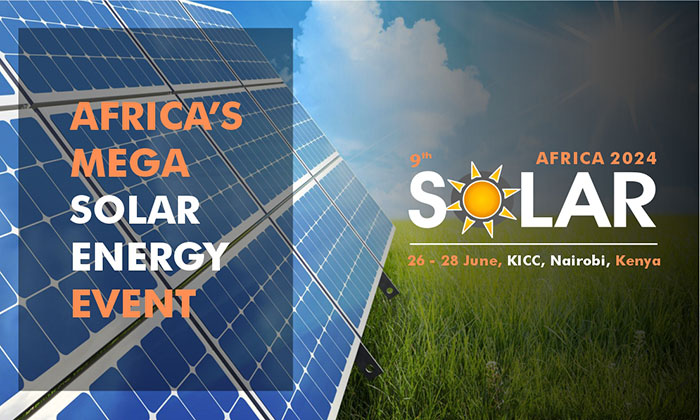

Kenya: 64% Kenyans 'Most Likely' to Vote for Party Supporting Clean Energy - Survey
Posted on :Tuesday , 7th March 2017
Politicians who want to get elected in the August General Election should settle for a party that supports clean energy, a survey has shown.
According to the survey by Infotrack whose results were released on Monday, almost two-thirds of Kenyans (64 per cent) will "more likely" vote for a political party that supports clean energy.
Just over a third (36 per cent) either do not know (20 per cent) if they would back a party because of their support for clean energy or are less likely to (16 per cent).
The study was done between January 9 and 13 and sampled 1,536 respondents from the eight former provinces. The survey was done to gauge whether or not Kenyans consider energy- and clean energy at that- as an important trigger in their choice for candidates in elections.
"Energy drives development and we wanted to know if Kenyans would move from the tribal arithmetic and consider this an important campaign agenda," said Mr Mithika Mwenda, the Pan African Climate Justice Alliance secretary-general. The poll was conducted by Infotrack in conjunction with the Christian Aid and Pan African Climate Justice Alliance.
CLEAN ENERGY
But Dr Gathuru Mburu, Kipya Africa Ltd managing director, argued that Kenyans might not even be aware what clean energy means.
"I do not think they even know what it means. I think they just want electricity. They are saying: 'give us power'," said Dr Mburu.
In the study, more than two-thirds of Kenyan households still use charcoal and firewood for cooking with just a little over 20 per cent using gas.
The figure (67.4 per cent) represents almost seven million out of the 10.3 million households in Kenya that still use traditional and rudimentary resources, with only 21.7 per cent using gas.
The number is even higher in the rural areas, with 81 per cent using charcoal and wood, compared to the 39 per cent in the urban areas.
Those that use gas are almost half the population in the urban areas (44 per cent) compared to 11 per cent in the rural areas, with 12.9 per cent and 5.3 per cent respectively using kerosene.
The survey also showed that despite 53. 2 per cent using electricity as their source of lighting, only 2.6 per cent in the rural areas and 1.8 per cent in the urban areas use it for cooking.
At least 82 per cent of urban households in Kenya use electricity for lighting, with a different situation in the rural areas where the use of electricity and kerosene is at 39 and 38 per cent respectively.
CONNECTION TO ELECTRICITY
But in terms of connection to electricity in the former provinces, areas perceived as Opposition strongholds have the least number of households with electricity.
The bottom three is led by Western at 14 per cent, Eastern 38 per cent, and Nyanza 42 per cent. It is also in these areas where the use of kerosene for lighting is high: 52. 8 per cent, 37.9 per cent, and 45.9 per cent respectively.
In the study, about half (49 per cent) are concerned "to a great deal" about climate change, with the same percentage either somewhat concerned or not at all concerned.
Two-thirds of Kenyans, the survey showed, still view electricity as "clean energy" compared to 47.1 per cent that say the same of solar, 33.3 per cent gas, 15.4 per cent wind and 7.2 per cent for biogas.
Please Select an Option

Expogroup
Expogroup is a full service exhibition organiser with over 28 years experience in International trade exhibitions. Our current portfolio includes 28 annual exhibitions from a diverse range of industries being held across the Middle East & Africa.
EXPOGROUP © 2025 | Privacy policy
